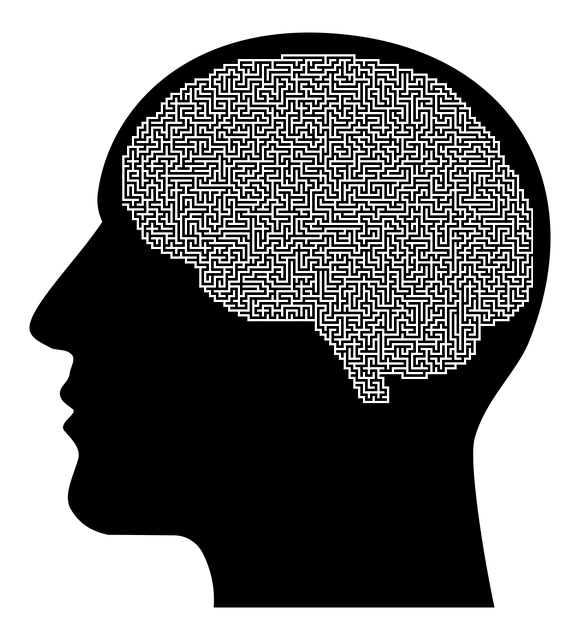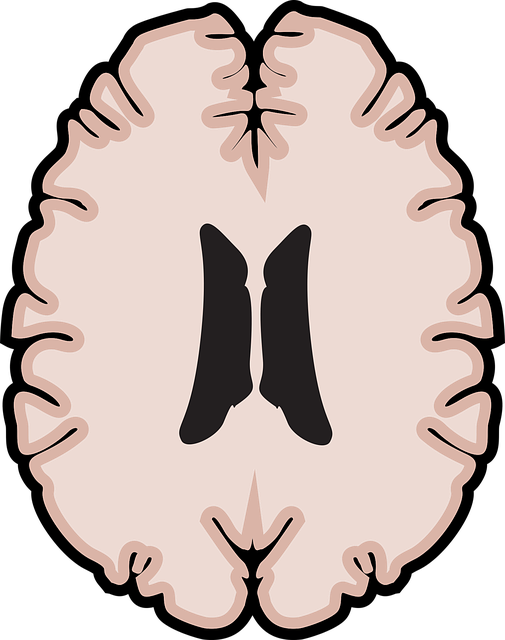Arvada Trauma Therapy leverages diverse assessment methods, cultural sensitivity, and advanced statistical modeling to collect and interpret mental health data effectively. These techniques enable tailored treatment plans, enhance understanding of trauma types and at-risk groups, and foster continuous improvement in therapy processes. However, challenges include protecting privacy, addressing biases, and ethical considerations, while interpretation must support stigma reduction and evidence-based practices for improved mental well-being.
Mental health data analysis plays a pivotal role in understanding and addressing psychological well-being. This article delves into the intricacies of mental health data collection within clinical settings, exploring advanced analysis techniques for identifying patterns and trends. We discuss the ethical implications and challenges associated with interpretation, followed by practical considerations for integrating findings into Arvada Trauma Therapy practice. By examining these aspects, we aim to enhance therapeutic outcomes and patient care in our community.
- Understanding Mental Health Data Collection in Clinical Settings
- Data Analysis Techniques for Uncovering Patterns and Trends
- Interpreting Results: Identifying Key Insights and Implications
- Challenges and Ethical Considerations in Mental Health Data Analysis
- Integrating Findings into Arvada Trauma Therapy Practice
Understanding Mental Health Data Collection in Clinical Settings

In clinical settings, understanding mental health data collection is paramount for effective treatment and patient outcomes, including those seeking Arvada Trauma Therapy. The process involves gathering comprehensive information about individuals’ psychological states, behavioral patterns, and overall well-being. Qualified healthcare professionals employ various methods such as structured interviews, standardized questionnaires, and observation to assess symptoms, severity, and potential triggers. These data collection techniques not only help in diagnosing mental health conditions but also provide insights into the patient’s unique needs and challenges.
Effective data collection goes beyond mere assessment; it involves cultivating Empathy Building Strategies and Communication Strategies that foster open dialogue. Cultural Sensitivity in Mental Healthcare Practice is another critical aspect, ensuring diverse patients feel understood and respected. By integrating these strategies, healthcare providers can create a safe, supportive environment, encouraging patients to share their experiences honestly. This, in turn, enhances the accuracy of collected data, enabling more personalized treatment plans tailored to individual needs.
Data Analysis Techniques for Uncovering Patterns and Trends

In the realm of mental health data analysis, identifying patterns and trends is akin to unraveling a complex tapestry. Advanced techniques, such as statistical modeling and machine learning algorithms, play a pivotal role in extracting meaningful insights from vast datasets. These tools enable professionals like those at Arvada Trauma Therapy to delve into the data, uncovering hidden correlations that might otherwise remain unseen. By employing these methods, mental health practitioners can gain valuable knowledge about specific populations, treatment efficacy, and emerging risk factors, thereby enhancing their Risk Assessment for Mental Health Professionals.
Furthermore, the analysis process isn’t solely about numbers; it’s also about interpreting results in the context of real-world scenarios. For instance, a well-designed study could highlight the effectiveness of Community Outreach Program Implementation or the impact of Compassion Cultivation Practices on patient outcomes. This interpretation is crucial for guiding evidence-based practices and policy decisions, ensuring that mental health services are tailored to meet the diverse needs of individuals seeking support.
Interpreting Results: Identifying Key Insights and Implications

Interpreting results from mental health data is a critical step in identifying patterns and insights that can guide effective interventions. When analyzing trends related to Arvada Trauma Therapy, for instance, researchers and healthcare professionals can uncover valuable information about the prevalence of specific trauma types, age groups most at risk, and the effectiveness of various therapeutic approaches. By delving into these findings, they can tailor services to better meet the needs of their communities.
For example, data might reveal a notable correlation between traumatic experiences in childhood and later mental health struggles. This insight could drive Mental Illness Stigma Reduction Efforts by highlighting the importance of early intervention and prevention strategies. Additionally, it may prompt Healthcare Provider Cultural Competency Training to address specific cultural or social factors contributing to trauma and mental illness, fostering more inclusive and effective care. Moreover, identifying successful therapy modalities can lead to initiatives aimed at improving self-esteem improvement and overall well-being among individuals who have experienced trauma.
Challenges and Ethical Considerations in Mental Health Data Analysis

Mental health data analysis plays a pivotal role in understanding and improving individual and community emotional well-being. However, it’s not without its challenges and ethical dilemmas. One significant hurdle is navigating the sensitive nature of mental health information. This requires strict confidentiality measures to protect individuals’ privacy, especially when dealing with personal trauma experiences, as seen in Arvada Trauma Therapy practices.
Moreover, the complexity of mental illness and its manifestation across diverse populations adds another layer of difficulty. Biases inherent in data collection methods or algorithms can perpetuate existing stigma associated with mental illnesses. Therefore, ethical considerations demand a balanced approach that prioritizes accuracy while ensuring the fair representation of all demographics. Additionally, the interpretation of data must be carefully framed to support mental illness stigma reduction efforts and promote evidence-based emotional well-being promotion techniques and social skills training.
Integrating Findings into Arvada Trauma Therapy Practice

In the context of Arvada Trauma Therapy, integrating data analysis insights is a powerful tool for enhancing therapeutic outcomes. By utilizing advanced statistical methods and interpreting trends within the collected mental health data, therapists can gain valuable insights into their clients’ conditions. This enables them to tailor their approach, ensuring that each session aligns with individual needs. For instance, identifying patterns in responses to specific interventions can lead to more effective treatment plans, focusing on areas like conflict resolution techniques or depression prevention strategies.
Moreover, the data-driven perspective allows for a systematic evaluation of the overall therapy process. Therapists can assess the impact of various workshops and programs, such as Stress Management Workshops Organization, on client progress. This analytical approach promotes continuous improvement in Arvada Trauma Therapy practice, fostering an environment where evidence-based practices are prioritized, ensuring better mental health outcomes for clients.
Mental health data analysis is a powerful tool for Arvada Trauma Therapy and similar practices. By understanding how to collect, analyze, and interpret data, therapists can uncover meaningful patterns and trends within their client populations. This knowledge allows for more targeted interventions and personalized treatment plans, ultimately enhancing the effectiveness of therapy services. However, it’s crucial to navigate the challenges and ethical considerations surrounding data privacy and confidentiality while ensuring the responsible integration of findings into clinical practice.














